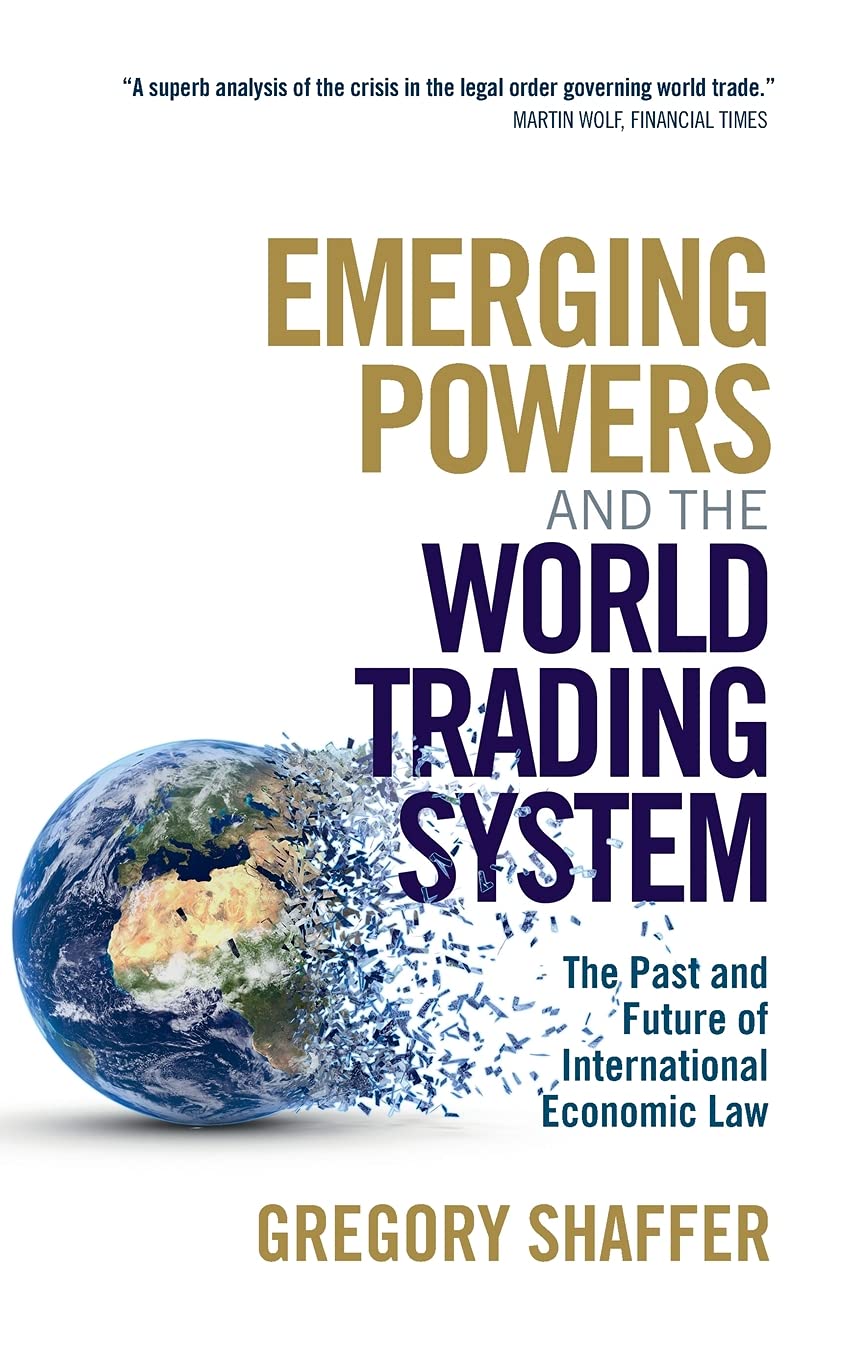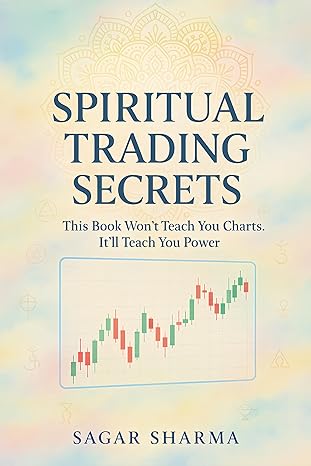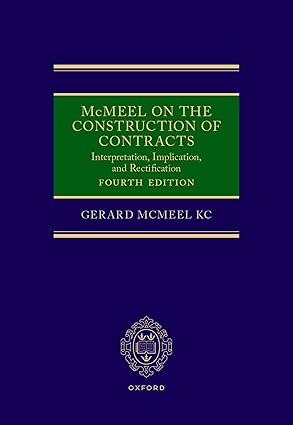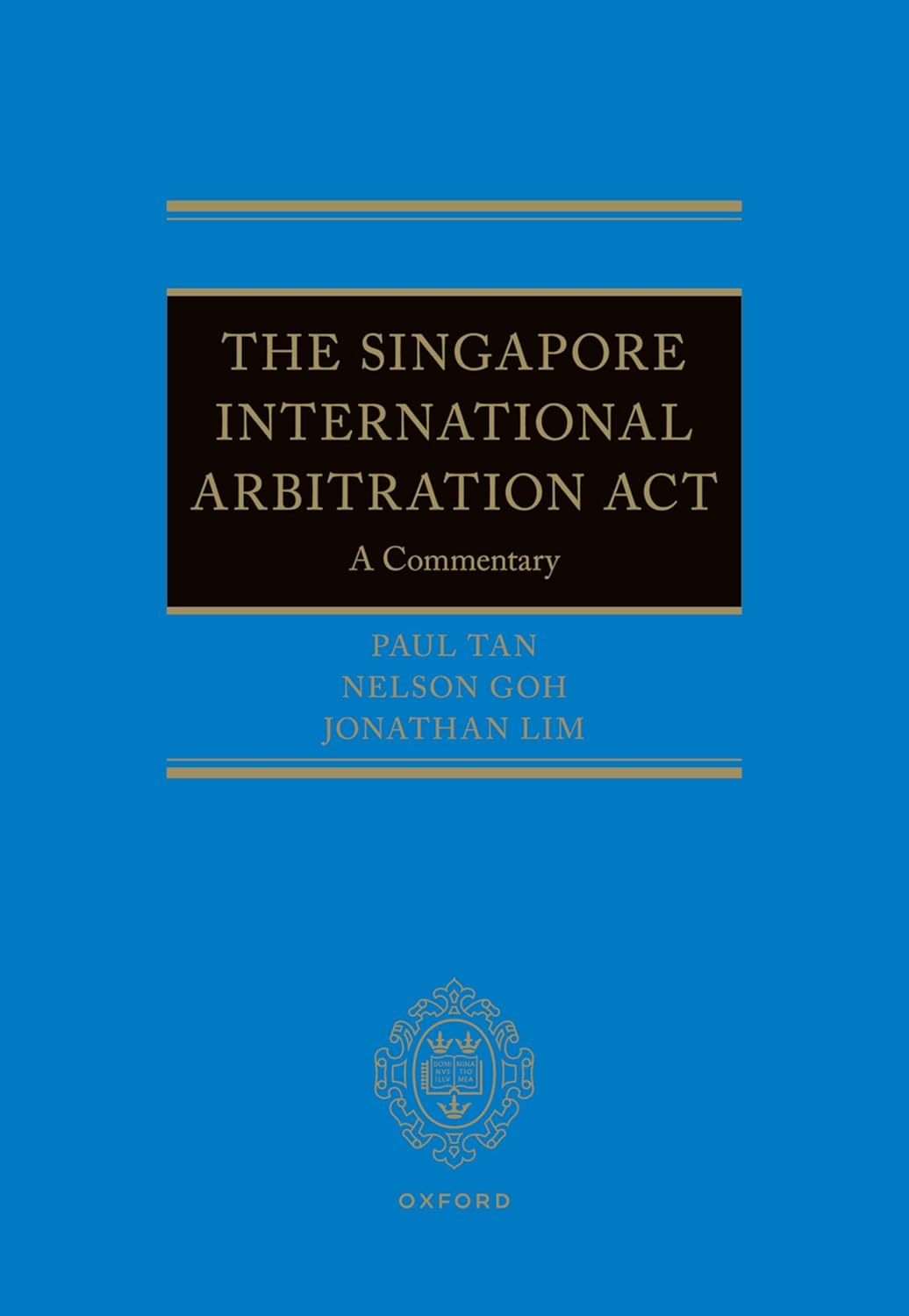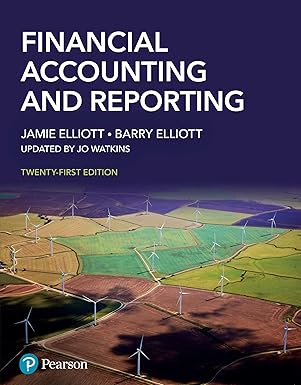دانلود کتاب Emerging Powers and the World Trading System: The Past and Future of International Economic Law - Original PDF
Author:
Gregory Shaffer
0 (0)
توضیحات کتاب :
Victorious after World War II and the Cold War, the United States and its allies largely wrote the rules for international trade and investment. Yet, by 2020, it was the United States that became the great disrupter – disenchanted with the rules' constraints. Paradoxically, China, India, Brazil, and other emerging economies became stakeholders in and, at times, defenders of economic globalization and the rules regulating it. Emerging Powers and the World Trading System explains how this came to be and addresses the micropolitics of trade law – what has been developing under the surface of the business of trade through the practice of law, which has broad macro implications. This book provides a necessary complement to political and economic accounts for understanding why, at a time of hegemonic transition where economic security and geopolitics assume greater roles, the United States challenged, and emerging powers became defenders, of the legal order that the United States created.
سرچ در وردکت | سرچ در گودریدز | سرچ در اب بوکز | سرچ در آمازون | سرچ در گوگل بوک
1,039 بازدید 0 خرید
